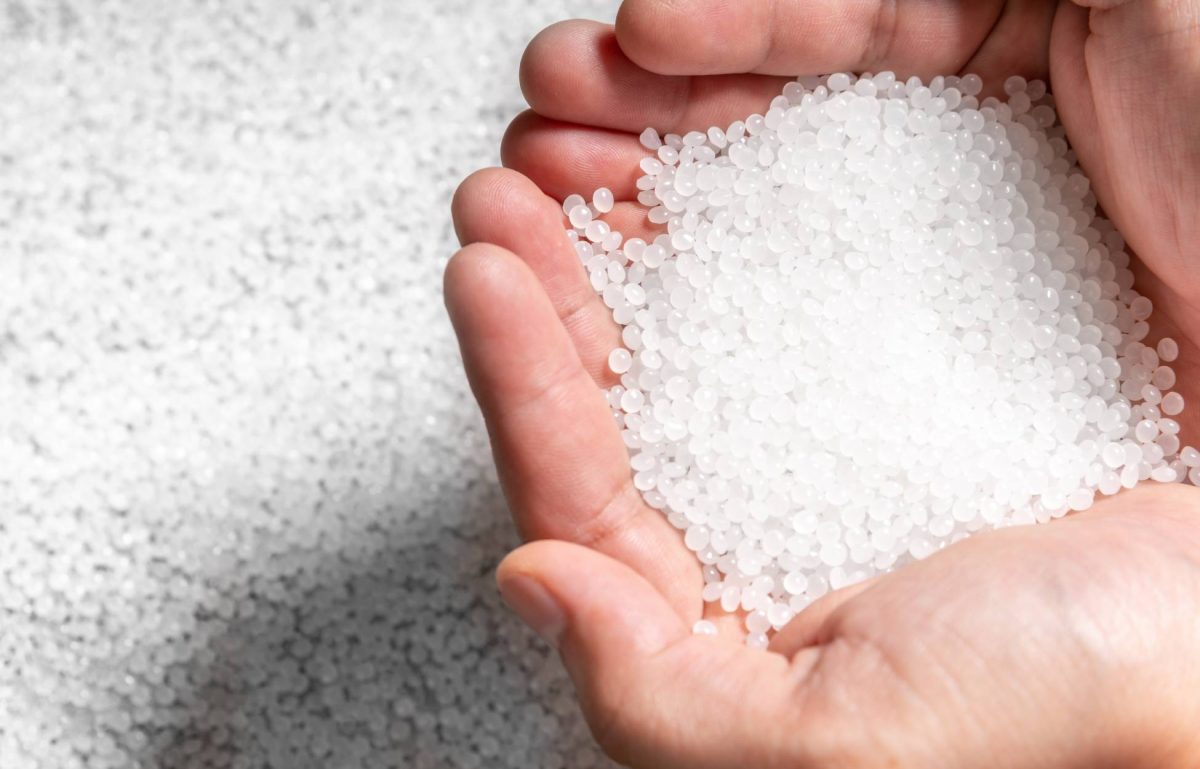Polyethylene is everywhere in modern life. It’s one of the most widely used plastics globally. This material plays a leading role in numerous industries, from packaging to cutting-edge aerospace applications. Continue reading to explore the top interesting industries that use polyethylene.
Packaging and Plastics
Packaging relies heavily on polyethylene to create lightweight, strong, and flexible solutions. You’ll see it in shrink wraps, grocery bags, and food containers. Polyethylene films are vital in reducing food spoilage extending shelf life by providing an airtight barrier. This plastic significantly minimizes food waste, especially in the food and beverage sector.
Healthcare and Medical Devices
Polyethylene is critical in healthcare due to its biocompatibility and resistance to chemicals. You’ll find it in various medical equipment, such as prosthetics, surgical gloves, and tubing for medical devices. High-density polyethylene (HDPE) is a popular material for pharmaceutical bottles because it is lightweight, moisture-resistant, and safe. Its durability ensures reliable patient care through the production of precise and sterile medical tools.
Construction and Building Materials
Polyethylene has become indispensable in the construction industry. Its strength and weather resistance make it an excellent choice for piping systems, insulation materials, and vapor barriers. Polyethylene in construction is not just practical for durability—it’s also sustainable. Products like polyethylene pipes reduce water loss in irrigation systems and, being recyclable, help mitigate construction waste.
Automotive and Aerospace
Weight reduction is a constant goal in the automotive and aerospace industries to improve fuel efficiency and performance. Polyethylene plays its part here as one of the types of plastic used in the aerospace industry. Its value comes from being lightweight while maintaining high strength. Polyethylene-based components are great in various parts of vehicles, including fuel tanks, dashboards, and lightweight panels. This combination of properties helps manufacturers create safer and more efficient transportation solutions.
Agriculture and Horticulture
The agricultural industry utilizes polyethylene to improve farming practices and increase yield. Greenhouse films made of polyethylene provide an optimal environment for plants by regulating temperature and light levels. Farmers also use polyethylene mulch to conserve moisture, suppress weed growth, and increase crop quality. These uses make polyethylene a key ally in modern, sustainable agriculture practices.
Environmental Impact
Polyethylene’s widespread use does have a significant environmental impact, mainly due to challenges in recycling. However, advancements in recycling technologies are addressing these issues. Innovative programs now collect and process polyethylene into new usable forms, reducing waste and reducing carbon footprint. Many industries are also researching biodegradable polyethylene versions to minimize environmental concerns further.
From reducing food waste to advancing medical technology and even lightening the load in aerospace vehicles, polyethylene is a material that continues to innovate and shape modern industries. Its versatility and impact make it a top choice across sectors, and its ongoing development in sustainability ensures a brighter future for its role in business and everyday life.













